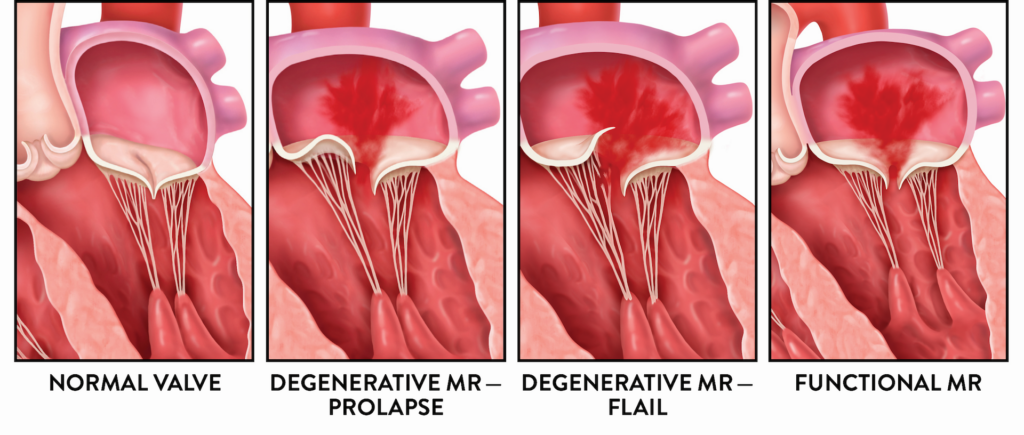Preparing for MitraClip Procedure
Your care team will give you specific instructions to prepare for your MitraClip procedure. They will discuss with you how to prepare for the procedure and what to expect from the procedure. Talk with your care team about any questions or concerns you may have about the procedure.
Before the procedure
In the days before your procedure, it is important that you:
- Take all your prescribed medications.
- Tell your doctor if you are taking any other medications.
- Make sure your doctor knows of any allergies you have.
- Follow all instructions given to you by your doctor or nurse.
During the procedure
During the procedure, you will be placed under general anesthesia to put you in a deep sleep, and a ventilator will be used to help you breathe. Your doctor will use fluoroscopy (a type of X-ray that delivers radiation to you) and echocardiography (a type of ultrasound) during the procedure to visualize your heart. On average, the time required to perform the TMVr procedure is between three to four hours. However, the length of the procedure can vary due to differences in anatomy.
After the procedure
Your hospital stay following the procedure will likely range from one to two days, depending on your recovery and overall health. You should experience relief from your symptoms of mitral regurgitation soon after your procedure. Most patients will not need special assistance at home following discharge from the hospital, outside of ongoing needs for any unrelated health conditions.
While in the hospital, you will be closely monitored, and your doctor will perform various tests to evaluate your heart function. You may be prescribed blood-thinning medications to help reduce the risk of developing a dangerous blood clot after the procedure. Your doctor or nurse will give you instructions about your medications before you leave the hospital.
You will be discharged to the care of your cardiologist or primary care doctor, who will ask you to return for follow-up visits. It is important you keep all appointments for follow-up care and follow your doctor’s instructions.
After being discharged from the hospital, it is important that you:
- Limit strenuous physical activity (such as jogging or activities that cause breath-holding, grunting or straining such as lifting heavy objects) for at least seven days, or longer if your doctor thinks it is necessary.
- Carefully follow your doctor’s instructions regarding medications you need to take, especially if blood-thinning drugs are prescribed.
- Call your doctor if you cannot keep taking your medications because of side effects, such as rash, bleeding or upset stomach.
- Notify your doctor before any medical or dental procedure; you may need to be prescribed antibiotics to avoid potential infection.
